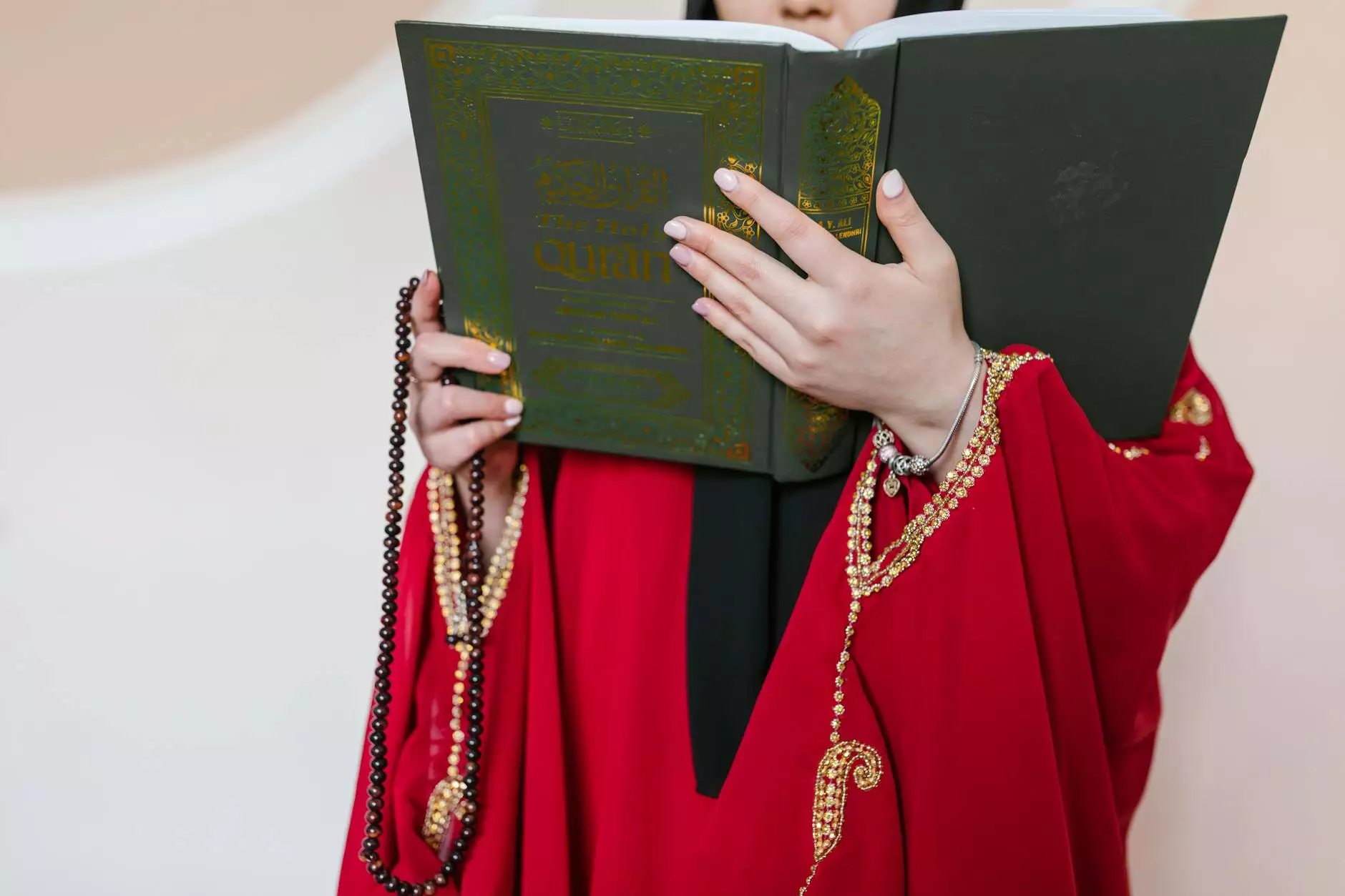Demons (Penguin Classics) - Dostoyevsky
Articles
Introduction
Welcome to Marjorie Cowley's page dedicated to Demons (Penguin Classics) by Fyodor Dostoyevsky. In this comprehensive guide, you will find detailed information about the book, its author, and why it is considered a timeless masterpiece in the world of literature. Join us as we delve into the dark and complex world of Demons and discover its profound themes and characters.
About the Author - Fyodor Dostoyevsky
Fyodor Dostoyevsky, born on November 11, 1821, in Moscow, Russia, was a renowned Russian novelist, journalist, and philosopher. Considered one of the greatest writers in world literature, Dostoyevsky's works explore deep psychological and moral themes.
Demons, also known as The Possessed or The Devils, is one of Dostoyevsky's most famous novels. Published in 1872, the book offers a compelling portrayal of the social and political turmoil of 19th-century Russia, addressing themes of revolution, nihilism, and the consequences of radical ideologies.
The Plot and Themes
Set in a provincial Russian town, Demons follows the lives of its diverse characters as they become embroiled in a destructive and chaotic political conspiracy. The plot revolves around the intrigue and manipulation of both real and metaphorical demons lurking within society.
The novel explores themes of political and religious extremism, moral decay, and the struggle for power and control. Dostoyevsky's masterful storytelling and psychological insight illuminate the complexities of human nature, portraying the internal demons that haunt us all.
Characters
Demons features a rich cast of characters, each with their own desires, flaws, and moral dilemmas. Let's take a closer look at some of the key figures in this gripping novel:
Piotr Verkhovensky
Piotr Verkhovensky is a charismatic and manipulative young man who leads a revolutionary group known as "the sons." His radical ideas and cunning nature shape much of the plot, as he seeks to incite chaos and overthrow the existing social and political order.
Stavrogin
Nikolai Vsevolodovich Stavrogin is one of the novel's central characters, known for his enigmatic personality and dark secrets. As a former military officer and aristocrat, Stavrogin's internal turmoil and complex relationships showcase the battle between personal desires and societal expectations.
Varvara Stavrogina
Varvara Petrovna Stavrogina, mother of Nikolai Stavrogin, is a powerful and influential figure. Her obsession with her son's reputation and her efforts to control those around her add a layer of intrigue and tension to the story.
Liza Tushina
Elizabeth "Liza" Tushina is a young woman caught in the web of the revolutionary movement. Her innocence and idealism are tested as she becomes entangled in the destructive actions of Piotr Verkhovensky and his followers.
Why Read Demons?
Demons, with its intricate plot and multi-dimensional characters, offers readers a thought-provoking exploration of the darker aspects of human nature. The novel raises questions about morality, ideology, and the consequences of unchecked fanaticism.
Dostoyevsky's prose is masterful, vividly capturing the psychological struggles of his characters and weaving a captivating narrative that keeps readers engrossed from beginning to end. The depth and complexity of the themes explored in Demons make it a timeless work that continues to resonate with readers across generations.
Conclusion
In conclusion, Demons (Penguin Classics) by Fyodor Dostoyevsky is a must-read for anyone interested in delving into the complex depths of human psychology and understanding the impact of radicalism on society. This masterpiece is a testament to Dostoyevsky's genius and his ability to craft compelling narratives that explore the intricacies of the human condition. Join us in exploring the world of Demons and discover why this novel has stood the test of time.




